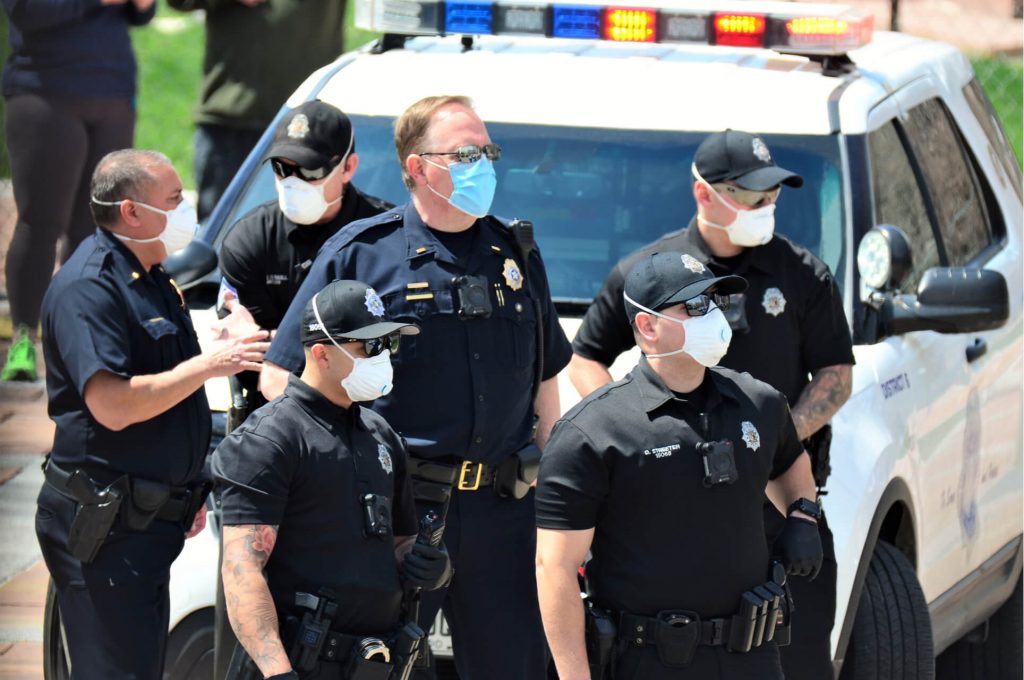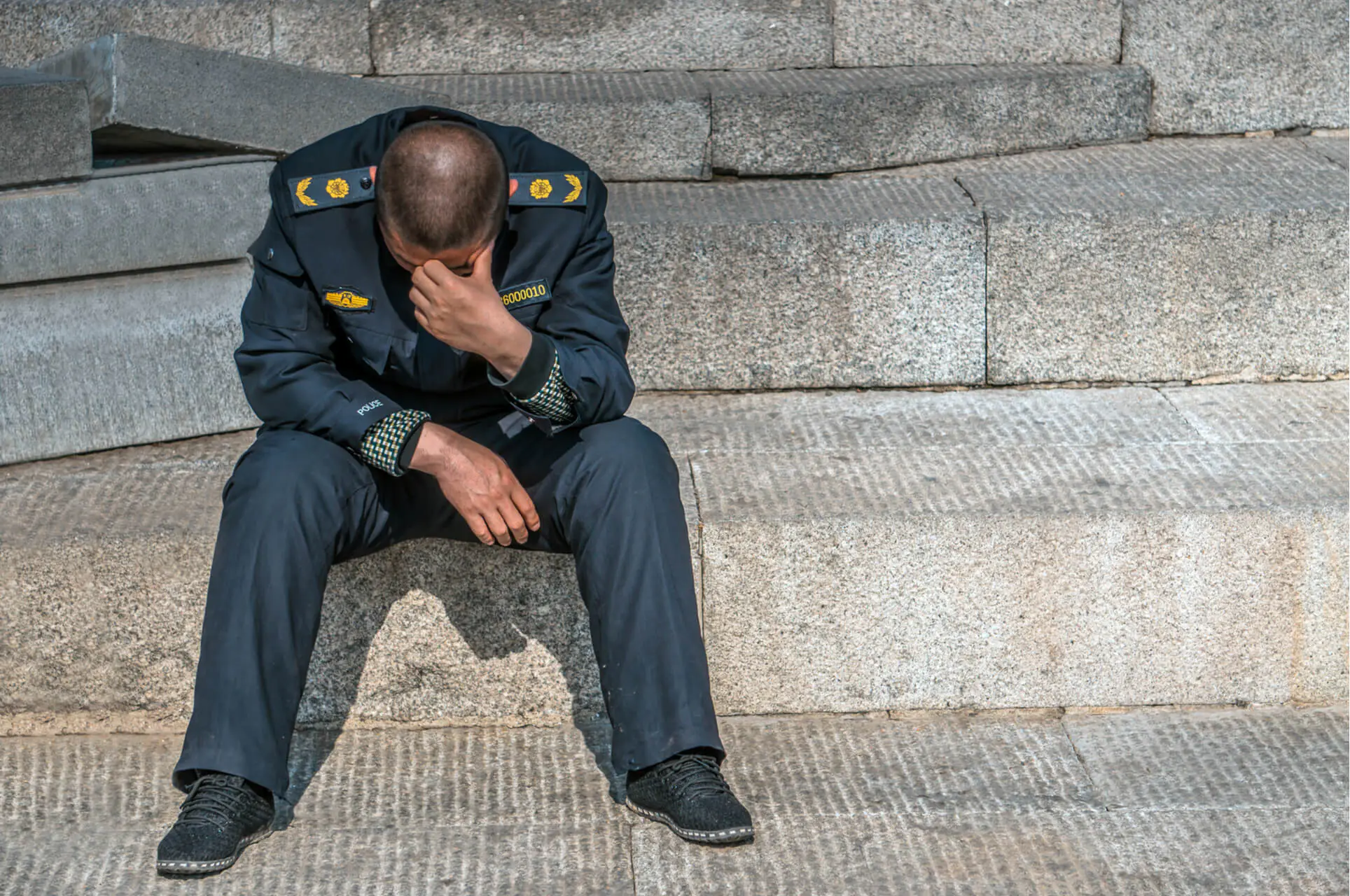It’s no surprise that police officers experience traumatic events more often than the average citizen. Their line of work brings them into contact with tragedies like murder, abuse, and violence from every walk of life.
The police often find themselves in dangerous situations for no reason other than being police officers, and with over 200 instances of police being set up and ambushed each year, the constant threat of being targeted hangs over the head of each officer every day. Consequently, it is no wonder that there are so many officers in need of help, but why are mental issues often left untreated in the police force?
Fear of Job Security
While every day is a new step into a more accepting and open-minded world, there is still a palpable stigma around mental health – and this is particularly evident in the police force. The hyper-masculine environment, as it is often criticized as being, discourages officers from seeking help for non-physical issues.
A 2018 survey found that 76% of police officers had a lingering form of job-related stress while 90% admitted they felt there was a stigma attached to seeking help for emotional or behavioral complications. When this stigma takes root and becomes ingrained within the unit, the results can be truly disastrous.
A Hideous Cycle
In 2019, there were 228 cases of police officers dying by suicide across the United States, a total that has risen exponentially every year since 2016. To put this into context, this is twice as many deaths as those who died in the line of duty in 2019, with many more admitting to suicidal ideation, anxiety, PTSD, depression, mania, and panic attacks.

Many officers fear being diagnosed with conditions such as PTSD or anxiety may lead to their dismissal. With officers wanting – and needing – to perform their duties, this concern prevents them from seeking help, adding to their stress and creating a destructive cycle.
Much of this can be ascribed to the ‘warrior mentality’ embodied by officers, almost as if they wear a shield when they take to the streets as a way of removing themselves from the horrors they face. It is important to remember that being a warrior is not only a physical duty but also requires a spiritual and emotional support network from peers; it is just as important to reach out to others as it is to have others reach out to you.
Added Responsibility and Increased Stress
A 2020 paper in the Journal of Community Safety and Well-Being reported that the added responsibilities introduced to the public during Covid-19 resulted in increased stress on police across the world. With many cities going into quarantine and lockdown, it fell to the police to enforce the new rules of social distancing. In many places, this has been met with hostility from members of the public, with up to 30 officers a day in the UK being spat on by people claiming to be infected with the virus.

Police officers, as well as other frontline workers such as paramedics and hospital staff, have faced a higher risk of contracting the virus. While most individuals were staying indoors, many officers were patrolling the streets for extended hours, increasing not only the chance of them catching coronavirus but also bringing it back home to their families. In return, increased time spent on duty has been recorded to have a detrimental effect on the mental health of the families themselves.
A New Department
Having been rocked by a number of police officers dying by suicide in recent weeks, Chicago Police Department has announced plans to introduce a Senior Advisor of Wellness to better coordinate access to mental health and support services. While this position has been in the works for months, recent events further underlined the need to offer more in the way of self-care for officers to prevent these incidents from repeating.
In 2017, the Department of Justice found that the Chicago Police Department’s Employee Assistance Program was severely understaffed and overwhelmed. There had only been 3 clinicians at the time, although this number has now increased to 13, indicating a step in the right direction.
While there are many more mental health services to be implemented in police departments across the country, it is bolstering to know that efforts are being made to prevent tragedies and ensure the health of officers. Until there are options for every officer, something as simple as asking a colleague, “Are you okay?” could be the difference between life and death. Never underestimate the benefit of reaching out to a colleague and friend.

